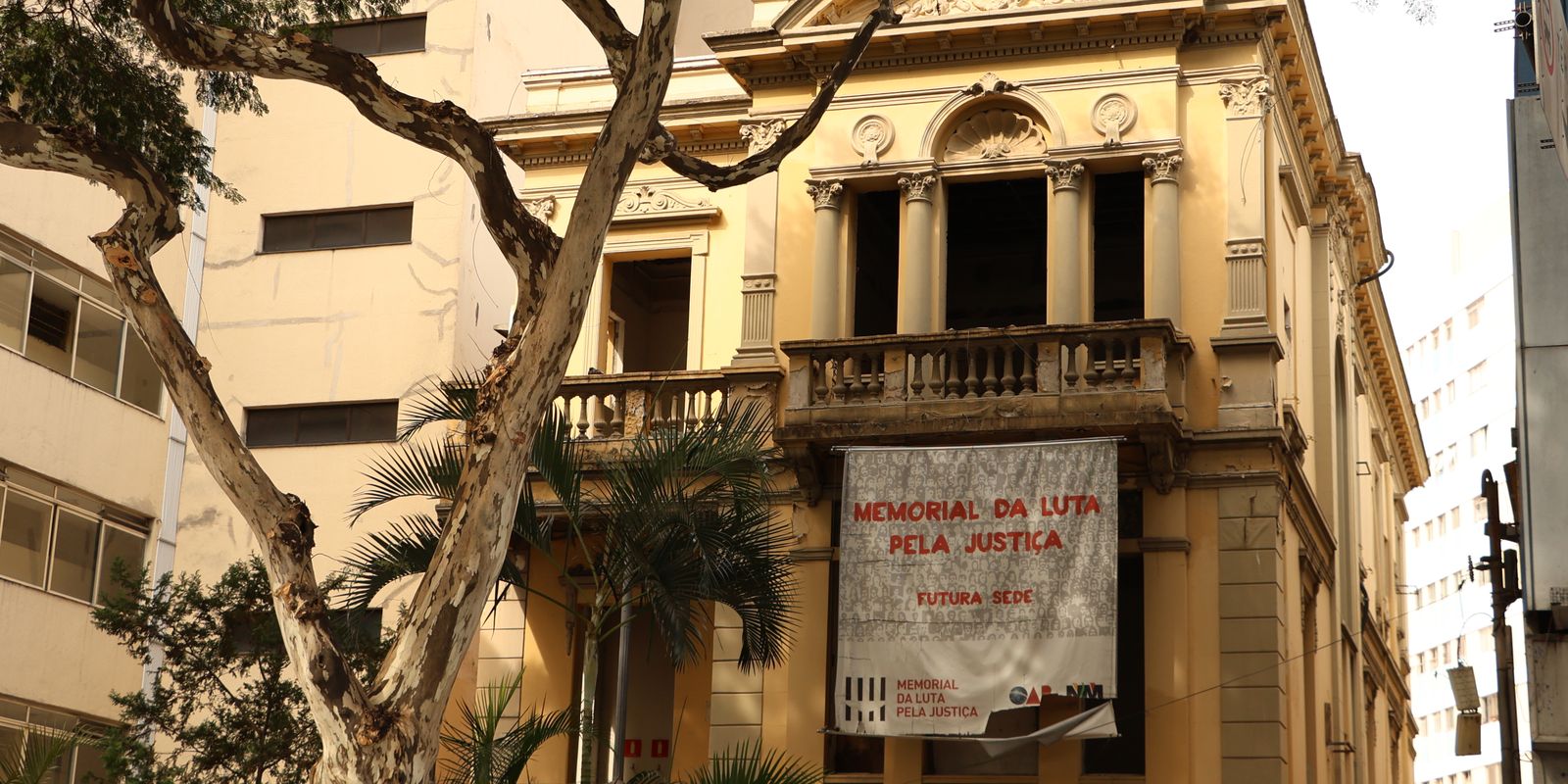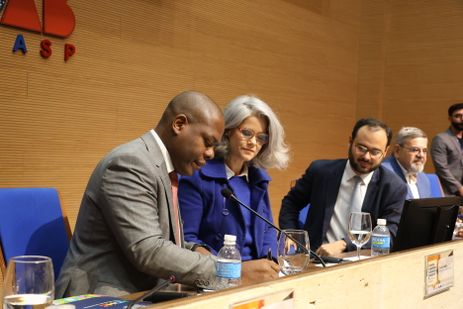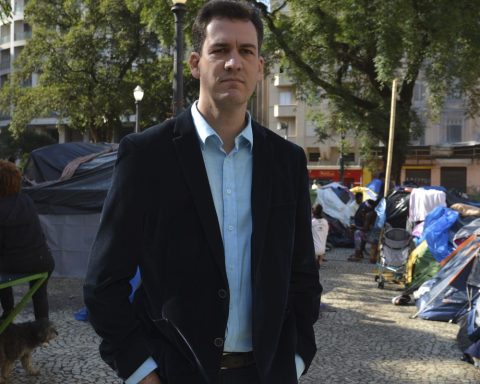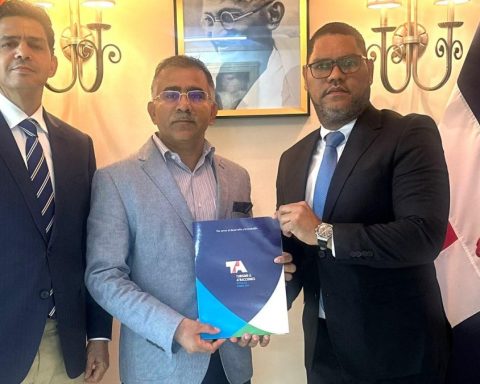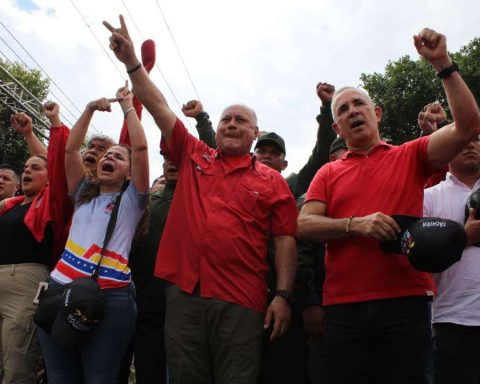The Ministry of Human Rights and Citizenship signed a technical cooperation agreement on Friday (26) to implement the Memorial of the Struggle for Justice in São Paulo. The museum will be installed in the building of the former headquarters of the Military Audit Office, where trials for political crimes were held during the dictatorship in Brazil, making the place a symbol of repression. The goal is for the memorial to help raise awareness among present and future generations so that crimes and injustices of the past are not repeated.
Located on Brigadeiro Luiz Antônio Street, the building will be transformed into a unique sociocultural facility dedicated to research, education and culture projects. The memorial will house exhibitions, collections, visitor programs and debates, among other initiatives, with the aim of recovering, recording and preserving the history of human rights violations in Brazil. Construction work will begin in mid-September, and the building is expected to be completed within two years.
The memorial will be built in partnership with the Office of Institutional Relations of the Presidency, the Brazilian Bar Association – São Paulo Section (OAB-SP) and the Memory Center, an organization dedicated to preserving political memory in the country. Several social actors contributed to the project, including legal professionals, former political prisoners, museologists, architects, historians and journalists.
The Minister of Human Rights and Citizenship, Silvio Almeida, highlighted that the work of memory policies is to bring to light and show the meaning of what the past represented and how it impacts the present and the future. According to the minister, Brazil greatly needs this work, as other countries have also gone through traumatic processes.
“This is no small feat. Taking a space where people were tried, convicted and where torture was practiced, where torture was more than normalized, and transforming it into a space for reflection is very important. Brazil is a country that does not deal with its traumas and memory policies are fundamental for us to be able to deal with this,” he said.
The minister reported that another initiative to establish memory policies will be the transformation of the Casa da Morte in Petrópolis, Rio de Janeiro, into a museum. According to Silvio Almeida, a commission will also be created within the ministry to monitor the recommendations of the National Truth Commission, a body that investigates human rights violations that occurred between September 18, 1946 and October 5, 1988. “And, by the end of the year, we will also establish the Human Rights Memory and Documentation Center, which is to preserve the ministry’s memory,” he added.
